Oli government faces backlash over disaster response
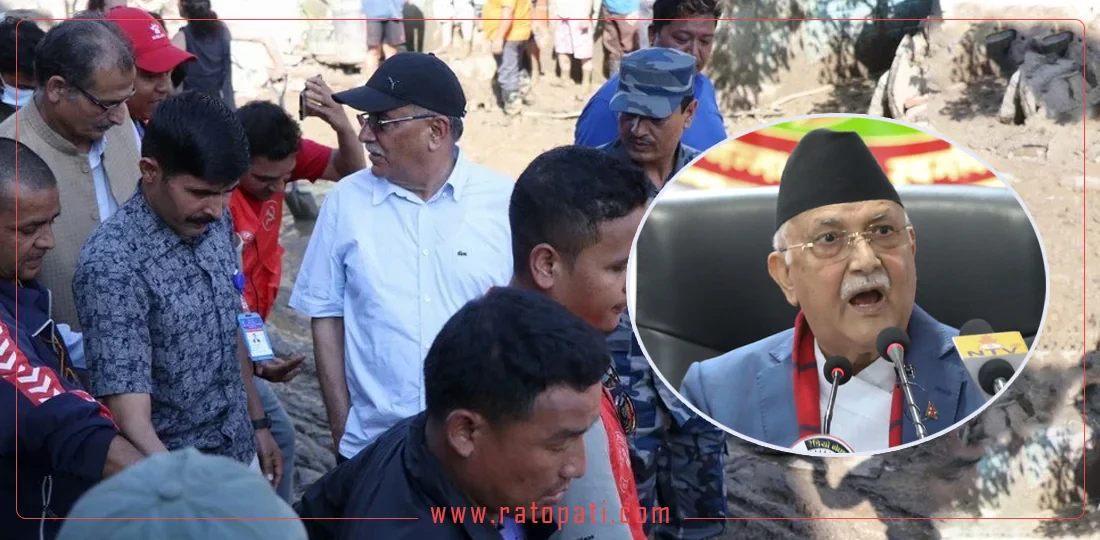
Kathmandu, October 3 — Prime Minister KP Sharma Oli is facing severe criticism due to the loss of life and property in heavy landslides and floods that struck recently. Despite prior warnings, the government had shown little concern for mitigating the loss of lives and property caused by these disasters.
Experts indicate that the government's shortcomings have been evident in the incidents in the federal capital, Kathmandu Valley, particularly in Nakkhu, where three individuals were swept away, and in Dhading's Jhyaple Khola, where landslides claimed the lives of 35 people. Stakeholders have pointed out the government's indifference in providing rescue and relief amidst significant human and property losses.
While the government remains defensive, the main opposition party, the CPN (Maoist Centre), has taken a more aggressive stance. Maoist Chairman Prachanda even called for an all-party meeting—to call it off later after government called such meeting—to pressurize the government, accusing it of negligence in rescue and relief distribution for the victims.
During an emergency meeting of Maoist officials on Sunday, they concluded that the Oli government has completely failed. Deputy General Secretary Giriraj Mani Pokharel noted that the government failed to ensure the safety of lives and property despite prior warnings. He stated that this government, born out of various conflicts, has proven to be entirely ineffective.
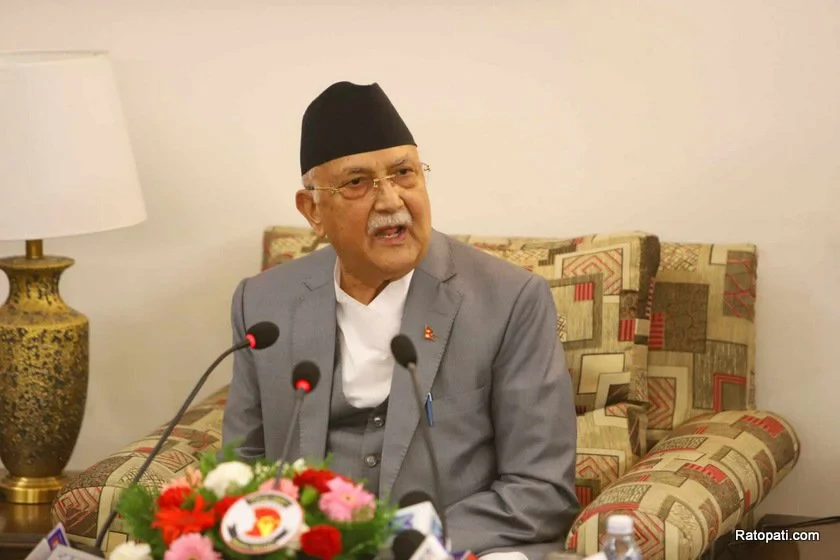
Pokharel accused the Oli government of dismantling the good governance campaign initiated by the previous government to protect corrupt individuals. “Despite prior warnings a week ago, there was significant loss of life and property. The previous government's campaign for good governance has been obstructed by this government,” he told Ratopati. “The government has failed to stimulate economic activity and control inflation. People do not feel that the government is present.”
The National Disaster Risk Reduction and Management Authority had estimated that heavy rainfall on September 27 and 28 could cause damage in many districts. Notices were issued advising against long-distance travel except for emergencies.
Despite these warnings of potential natural disasters, Prime Minister Oli departed for the United Nations General Assembly in the USA on September 20 . After an 11-day trip, he could have returned immediately after the important events at the assembly but is accused by the Maoists of wandering around instead.
While the country is grappling with the aftermath of floods and landslides, the Chief Secretary of the government, Ek Narayan Aryal, was occupied with a felicitation program in his home district of Syangja. Finance Minister Bishnu Paudel was on a visit to China. Acting Prime Minister Prakash Man Singh and Home Minister Ramesh Lekhak have been criticized for not effectively playing their roles in the immediate rescue and relief distribution for affected areas.
By Wednesday, 228 people had lost their lives in the flood and landslide-affected districts, including the Kathmandu Valley. The Home Ministry reported that 25 people are missing due to natural disasters, and billions in physical infrastructure damage have occurred.
In light of this national disaster, the Maoists have initiated an Emergency Assistance Desk to aid in the rescue and relief distribution for the victims, stating that the opposition party cannot remain silent.
Shri Ram Dhakal, the Chief Secretary of the central office, informed that a monitoring team has been formed under the command of Chairman Prachanda for the three districts of the valley.
“The team, under Chairman Prachanda’s command, has already begun interacting with citizens in the flood-affected areas to understand their real issues, immediate actions required, and long-term needs. The party, along with its various wings, is being mobilized for rescue efforts,” he said.
Instructions have been given to the party’s various wings to engage in rescue and relief efforts in districts outside the valley. “Our first priority is to provide rescue and relief to the victims,” he stated. “After that, we will focus on housing and health camps. We need to coordinate with the government to resume transportation in time for Dashain, Tihar, and Chhath festivals.”
Maoist Secretary Devendra Poudel claimed that the Oli government is 90% ineffective. While governments are generally evaluated after their first hundred days, he emphasized that the current behavior of the government does not allow for such patience.
“The Oli government has failed 90%. It appears to be a government formed through arithmetic and the collusion of intermediaries, leading to a lack of public expectations,” Poudel remarked, adding, “As the flood victims are visible within the Kathmandu Valley, it has become clear that this government is more focused on pleasing others than serving the people.”
He criticized the government for not showing any signs of improving the economic situation according to the budget, policy, and programs, and expressed concerns about the deteriorating relations with foreign nations. He asserted that the international community, including China and India, does not trust the current government.
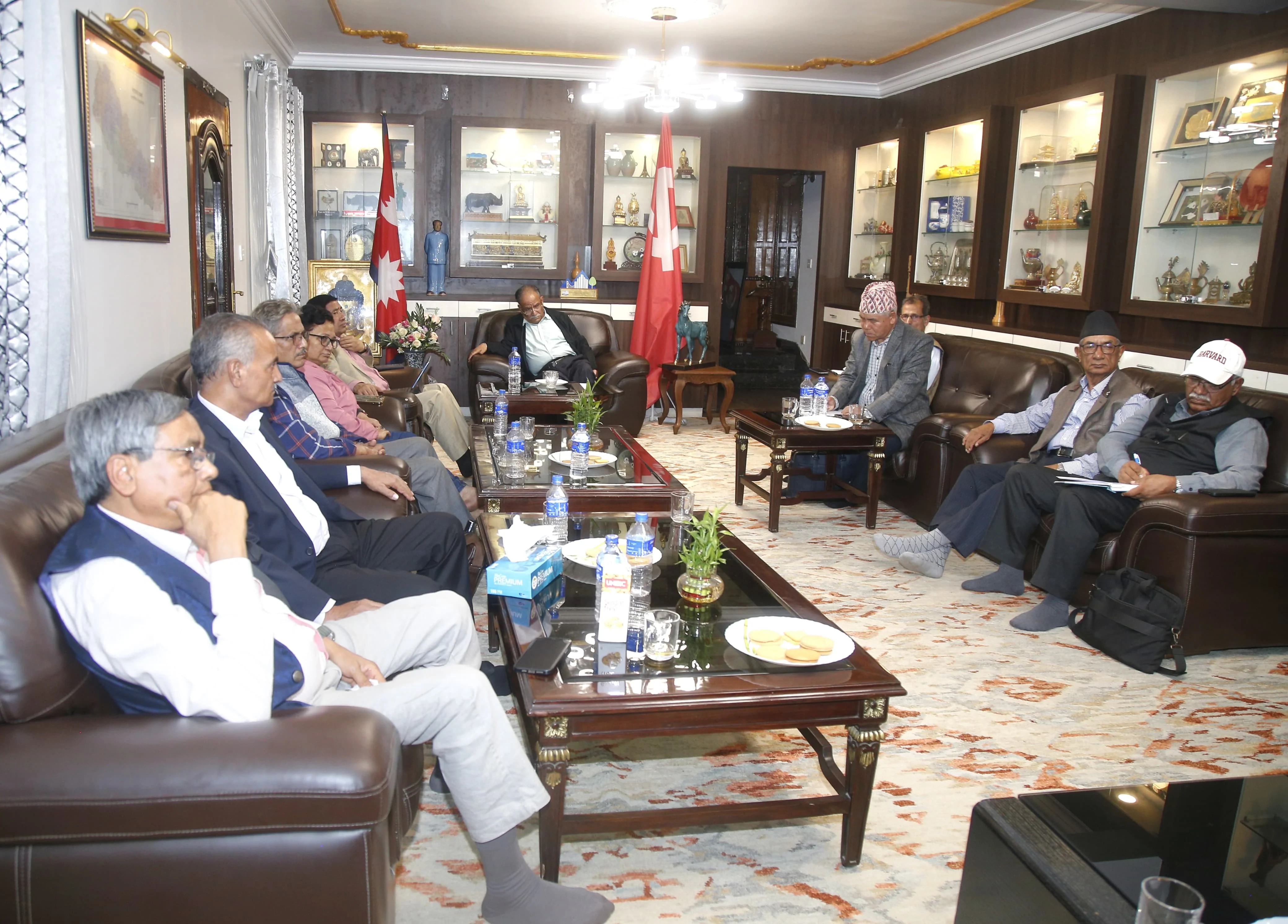
Poudel accused the government of creating obstacles to the good work done by the Prachanda government and of being unwilling to advance corruption cases. He stated that the government has shifted police officers who were working for good governance, dismissed members of the electricity authority board, and blocked meritocratic appointments at Tribhuvan University, indicating that the government is only formed to shelter corrupt individuals.
He claimed the government was not formed to reduce corruption but to cover it up. However, he acknowledged that the government has played a role in passing the transitional justice bill pushed forward by the Prachanda government.
The Maoists have decided to maintain vigilance in the assembly and on the streets to increase pressure on the government to work for the people.
On July 1, an agreement was reached between Congress and UML for a rotational leadership of the government, which formed the basis for Oli's appointment as Prime Minister on July 16. Despite having a two-thirds majority, Oli has faced various controversies since day one.
Oli’s statement upon returning from America at Tribhuvan International Airport has been labeled irresponsible by the opposition parties.

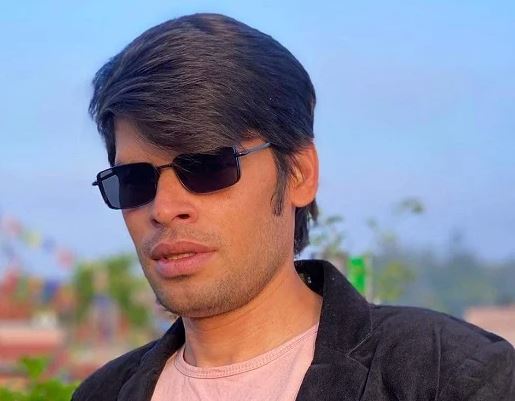



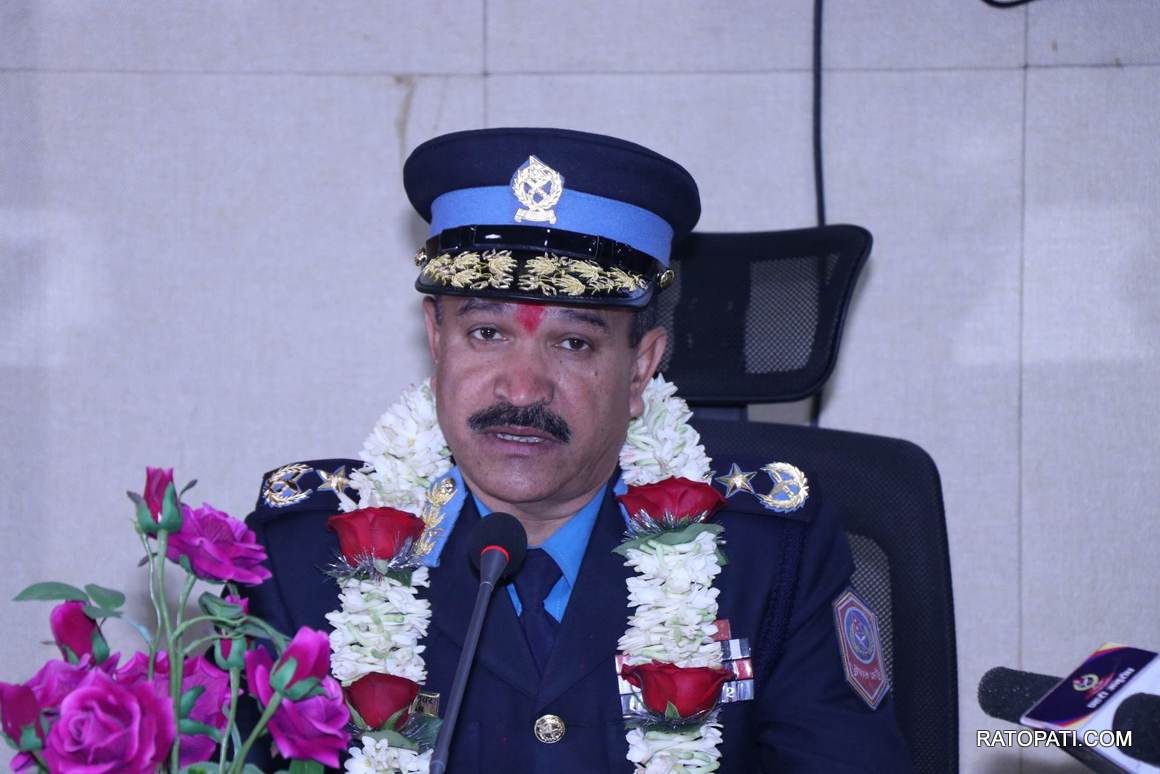
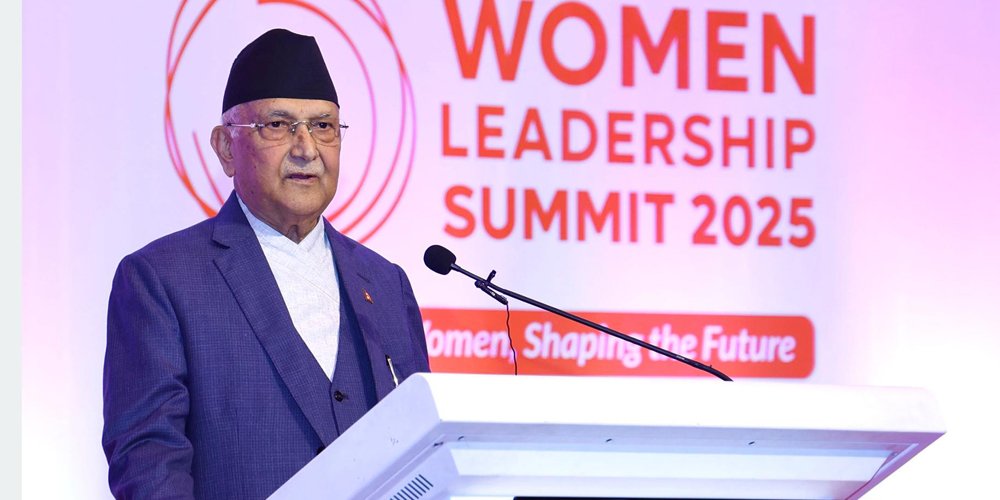
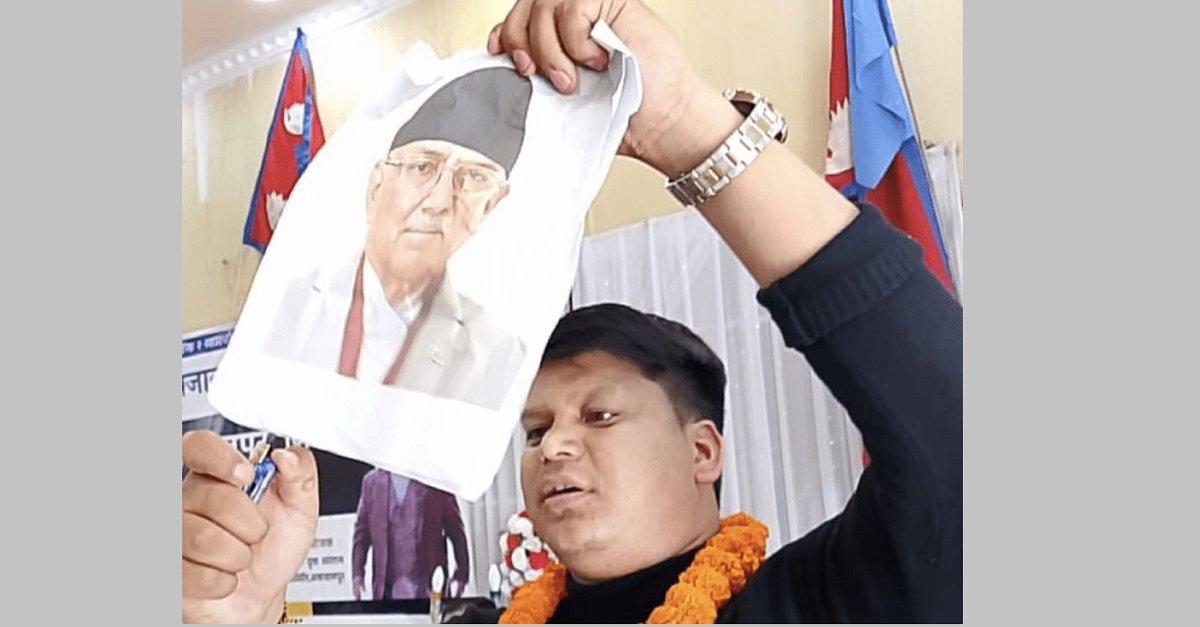
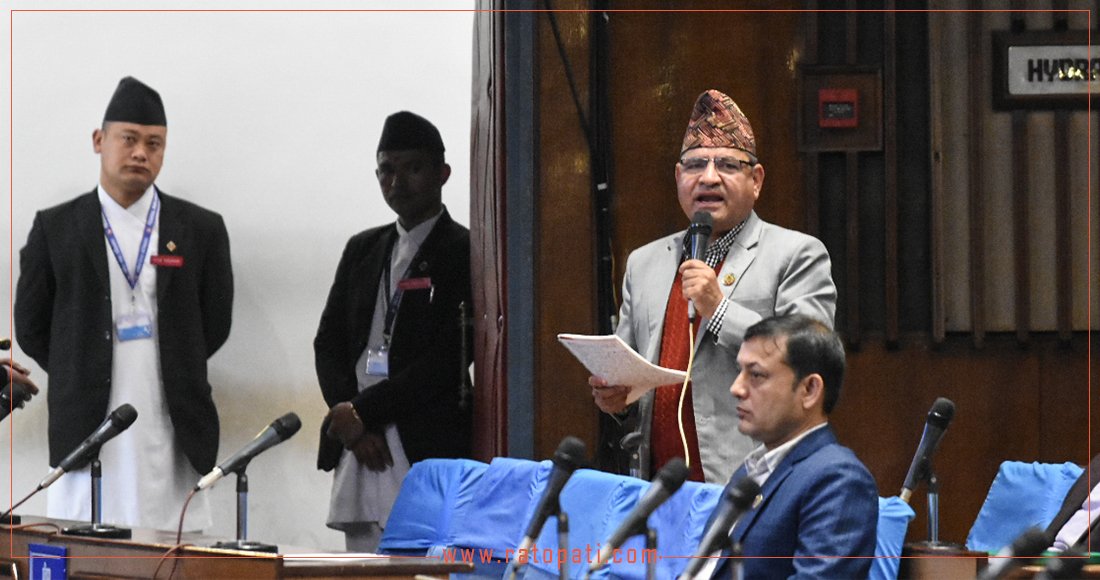
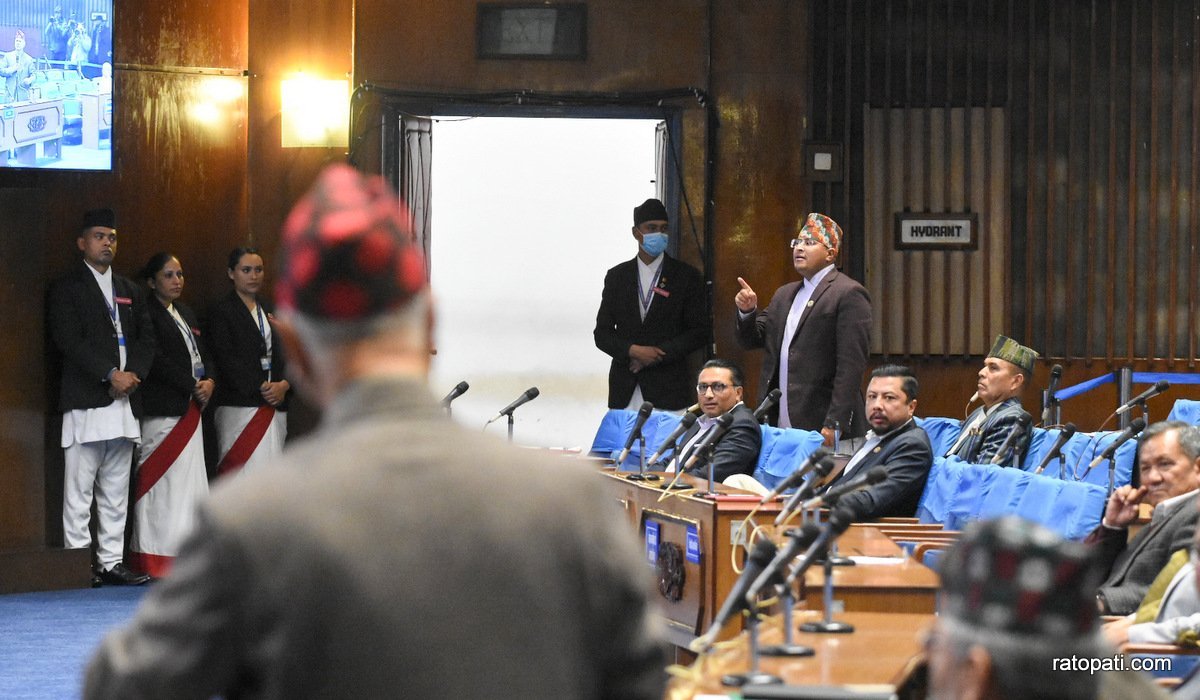
Leave Comment